
It’s a bit of an exciting yet confusing time to live in as an investor, especially so if you’re a Muslim investor with ethical reservations or religious obligations.
The advent of blockchain technology has sprung up many innovative solutions that form the multi-faceted layers of Web3. Now, the metaverse has quickly become a buzzword that’s captured the intention of both individual investors and the mass affluent alike.
If you’re curious about the metaverse or want to know more about potential opportunities as a Muslim investor, then read on to learn the basics and possible ramifications of this new technologically empowered concept.
Related: Crypto Assets: Halal or Haram?
What is the metaverse?
The intersection of the physical and virtual worlds is known as the metaverse. It is a place where digital individuals, or avatars, connect at work and play, meeting at their offices, attending concerts, and even dressing up.
Virtual reality, which can currently be accessed with Facebook’s Oculus VR headsets, will be at the centre of this cosmos. A step back from virtual reality, augmented reality layers virtual components on top of real-world objects. For examples, consider Pokémon Go or Facebook’s new partnership with Ray-Ban on smart glasses.
Inspired by fiction
The term metaverse, which combines the prefix meta (meaning “beyond”) and universe, was first used in Neal Stephenson’s science fiction book Snow Crash. According to the book’s synopsis, it was composed between 1988 and 1991 while the author was listening to a lot of loud, repetitive, sad music.
The metaverse is a brand-new idea that is revolutionising the digital entertainment industry. It is a virtual world where users can play games, build content and their own worlds, connect with other users, buy virtual land, and conduct other financial transactions using the in-game or platform’s native currency.
In a nutshell, the metaverse is a virtual world
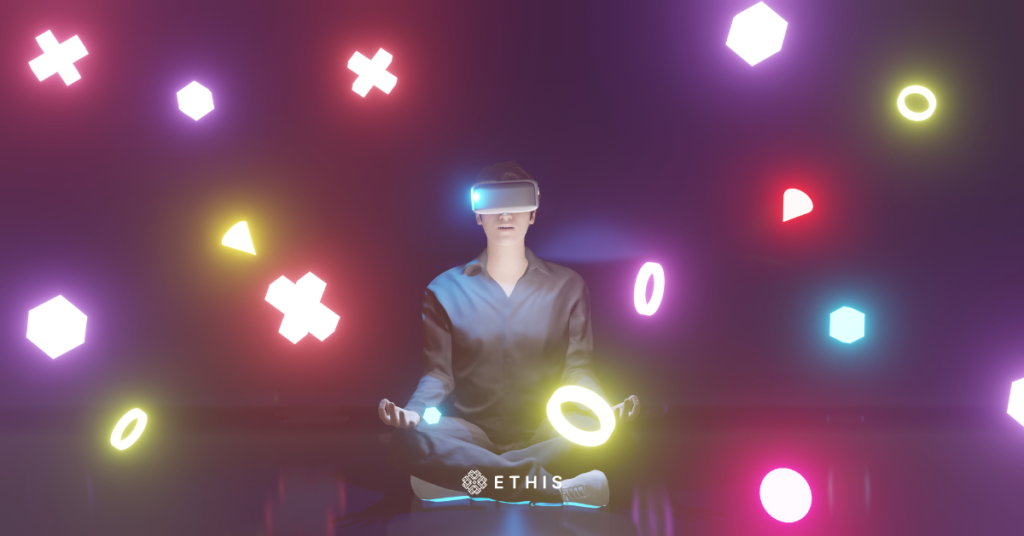

Numerous tools give us the impression that we are physically present in the virtual realm known as the Metaverse. These gadgets allow us to connect to the Metaverse and give us the impression that we are actually there. To enter a completely other universe, all you would need are virtual reality glasses and additional technology, like virtual reality gloves.
Related: What is Cryptocurrency? – Here’s What you Should Know
What possibilities does the metaverse hold?
- An extension for financial markets
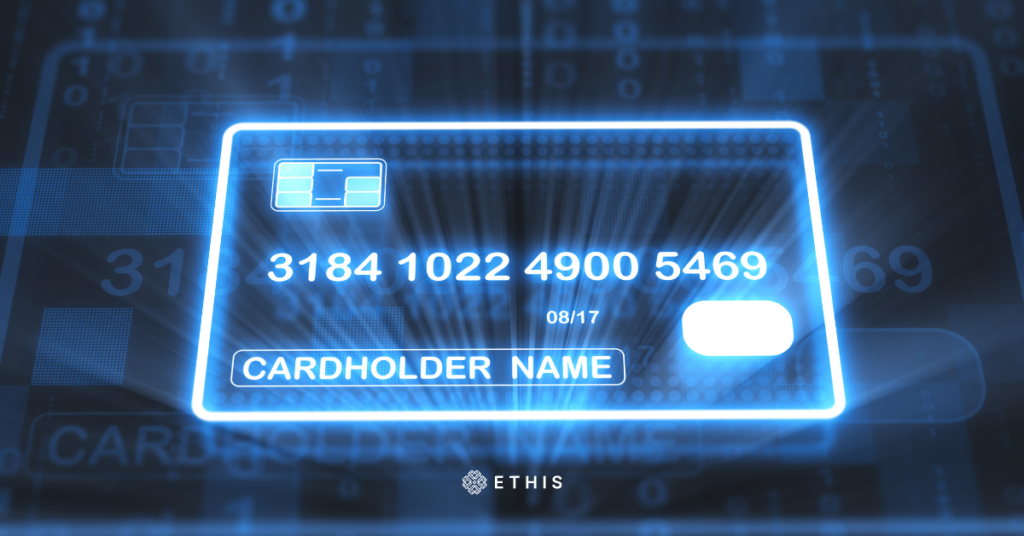

Virtual reality is used in a number of cutting-edge industries, including services, education, health, and others. In order to promote products and services to customers and clients and to communicate with them in a creative way that enhances a brand’s reputation as a leader in digital transformation, businesses use virtual reality.
For instance, the two most popular games in the metaverse industry, Decentraland and The Sandbox, are blockchain-based virtual realities where Warba Bank, an Islamic financial institution, has already started to build its presence. Following the recent launch of a digital wallet in Kuwait and the provision of a platform that buys and sells gold bars for its clients, the bank has now entered the metaverse market as part of its objectives to stay ahead of the competition in terms of technology and digital solutions.
- A new medium for financial players to explore
According to JPMorgan, banks can function just like they do in the real world because virtual worlds have their own populations, economies, and currencies. A virtual bank can also help with transactions like cross-border payments, foreign exchange, the creation of financial assets, and trading of those assets, among other things.
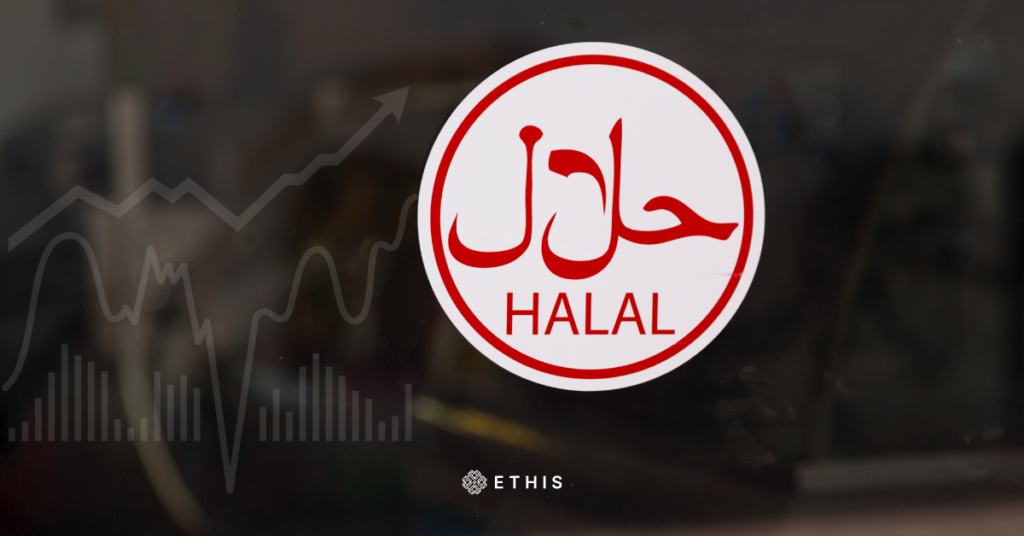

- New possible frontiers for Halal brands



It has been difficult for brands to enter the metaverse. Most are currently experimenting with useful ways to design their own surroundings and show advertisements to users of virtual worlds.
While this is going on, ethical decentralised finance (DeFi) projects are organising and creating blockchain markets for non-fungible Islamic tokens (NFTs).
A marketplace being created by Marhaba Decentralized Financial Platform (MDFP) that will be based on the Binance Smart Chain is one illustration of this. Modern calligraphy and Islamic art are intended to be supported and promoted. Artists will be able to create and upload their artwork to the app, which will then use smart contracts to transform it into an NFT. It will be a no-code platform to enable the development of NFTs.
Related: Should Cryptocurrency be Shariah Screened?
What are the concerns surrounding the metaverse?
- Privacy and security
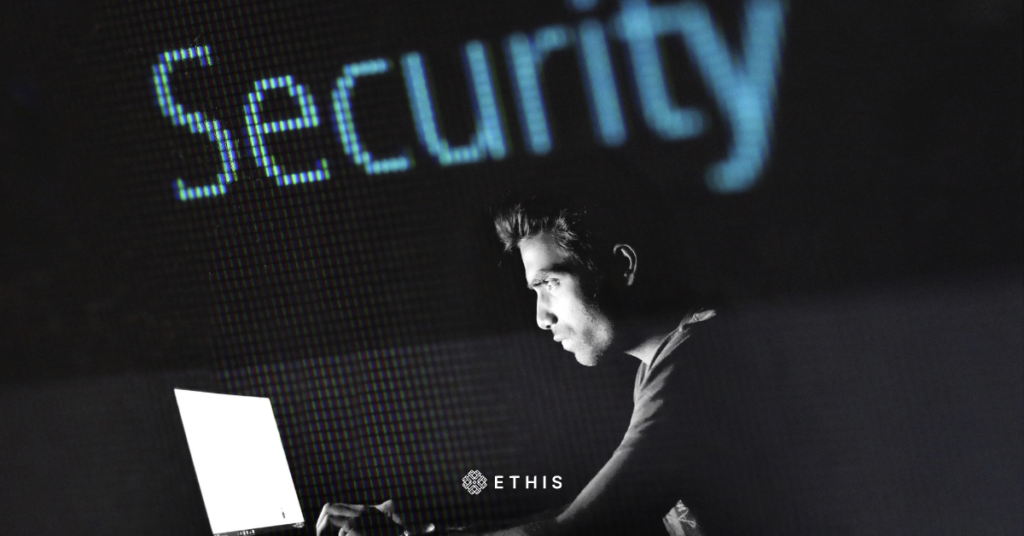

Privacy and security are the two main issues, particularly in light of the Frances Haugen discoveries and the pervasive targeting of social media by state-sponsored hackers.
For instance, a virtual world advertiser may respond to more than just your age and gender when they target you; they may also take into account your body language, your physiological responses, and your interactions with others.
In order to ensure that the metaverse is developed properly, Facebook has already established a $50 million (£36 million) investment initiative. The funds will be dispersed to organisations and academic institutions like Women in Immersive Tech and Seoul National University.
- Is the metaverse Muslim-friendly?
To determine whether the metaverse is halal or haram, Mufti Faraz Adam of the Yaqeen Institute for Islamic Research in the United Kingdom noted that a number of factors must be taken into account. Its usefulness is the first. In a webinar, Mufti emphasised the question of “whether technology has a good impact on our lives.”
He underlined that something is obviously forbidden in Islam if it does not produce benefits. Mufti emphasised the significance of observing how this technology affects people in the actual world. If the metaverse gets in the way of a person’s everyday life or obligations as a Muslim, for example, it should be avoided. Mufti questioned, “Does our participation in the metaverse conflict with our duty as Muslims, as well as our daily obligations, and does it have a negative impact?”
Mufti also emphasised the significance of considering the metaverse’s design and range of experiences. For instance, are there any designs in the metaverse that are prohibited by Islam, and are there any experiences available that go against Islamic law? It is best to depart the metaverse universe if the harm caused there surpasses the benefits.
Should Muslims invest?
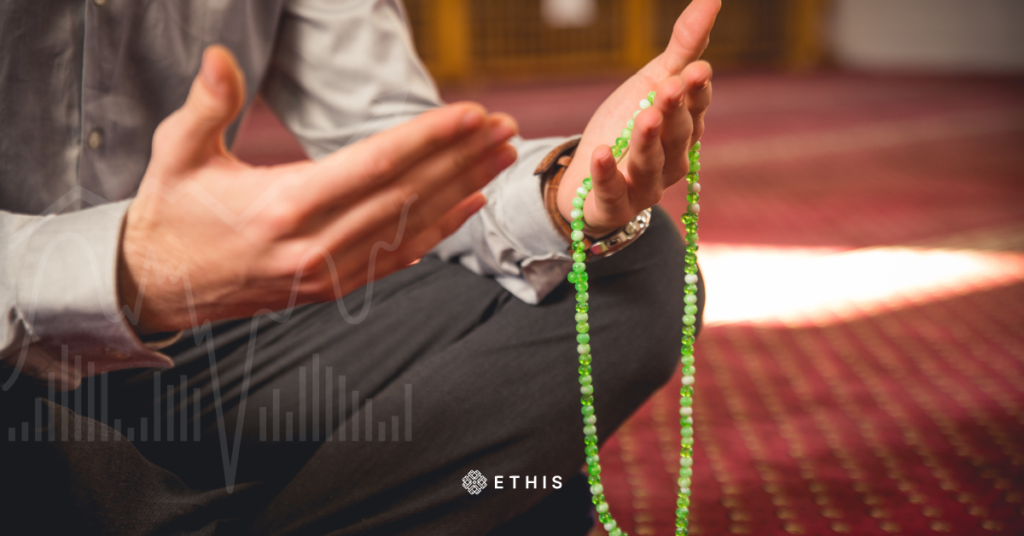

In essence, the Metaverse is just a virtual environment, or a collection of digital platforms that mimic the physical environment in which we live. People can engage with or experience the Metaverse through a variety of technologies.
The Metaverse does contain certain non-halal items, but this does not imply that everything there is haram. As the Metaverse expands, it’s conceivable that more virtual platforms will be created for Muslim online activities and even income opportunities.
In order to determine if a virtual platform is halal, makruh, or haram, scholars will examine its intended application.
Because of the Metaverse’s game environment, its content, and the way animated elements are displayed as avatars, for example, you might find that you need to get counsel on Islamic law before using Muslim-branded products there. In fact, you may require this counsel for numerous other reasons.
The main notion is that objects like mountains, trees, planes, and cars—things that aren’t alive—can be drawn. For instance, this takes the form of houses in the case of Upland. There is no issue, according to those who have studied this.
An exception is made when it’s necessary to sketch portraits of those who must be recognised and detained, or when it’s necessary to create ID cards, passports, licences, and other items that require drawing.
In the end, the metaverse is a brand new concept that sits at the forefront of a very different era – enabled by progressively advanced technology and unexplored implications. As Muslims, it’s important that we tread carefully and stay aware of the fundamental purposes or ideas behind these new innovations in our world. Apart from that, the metaverse may present new promising opportunities for investors to benefit from, but it is up to us to determine which ones are worth investing in.
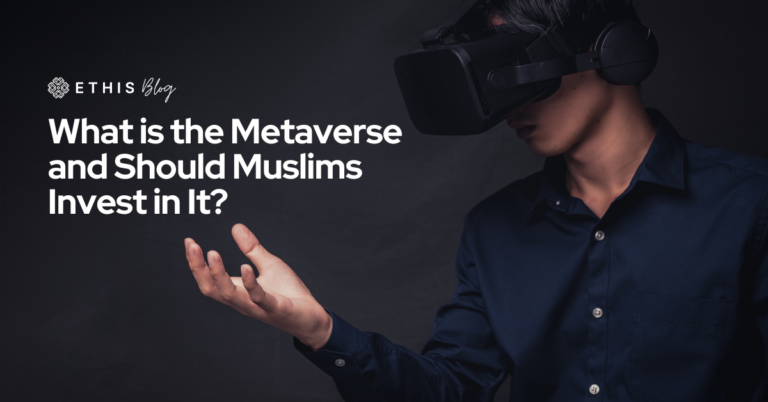




Top Posts
Islamic P2P Crowdfunding Explained
How to Earn Halal Money? The Money Mindset
Halal Investments for Singapore Muslims? It’s time for a shake-up in the Islamic Investments scene.
Smart investment for making Halal money
3 Reasons Why Property Crowdfunding is the Smart Investment for You